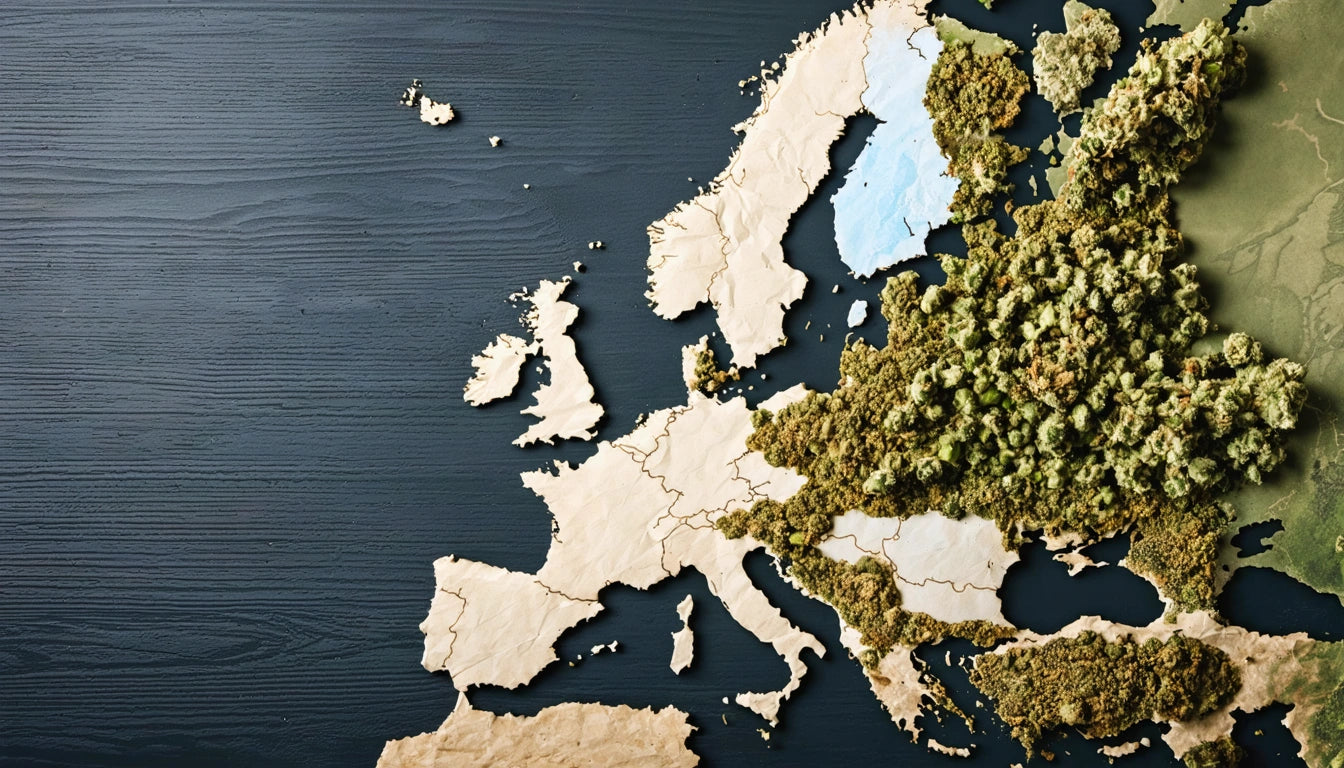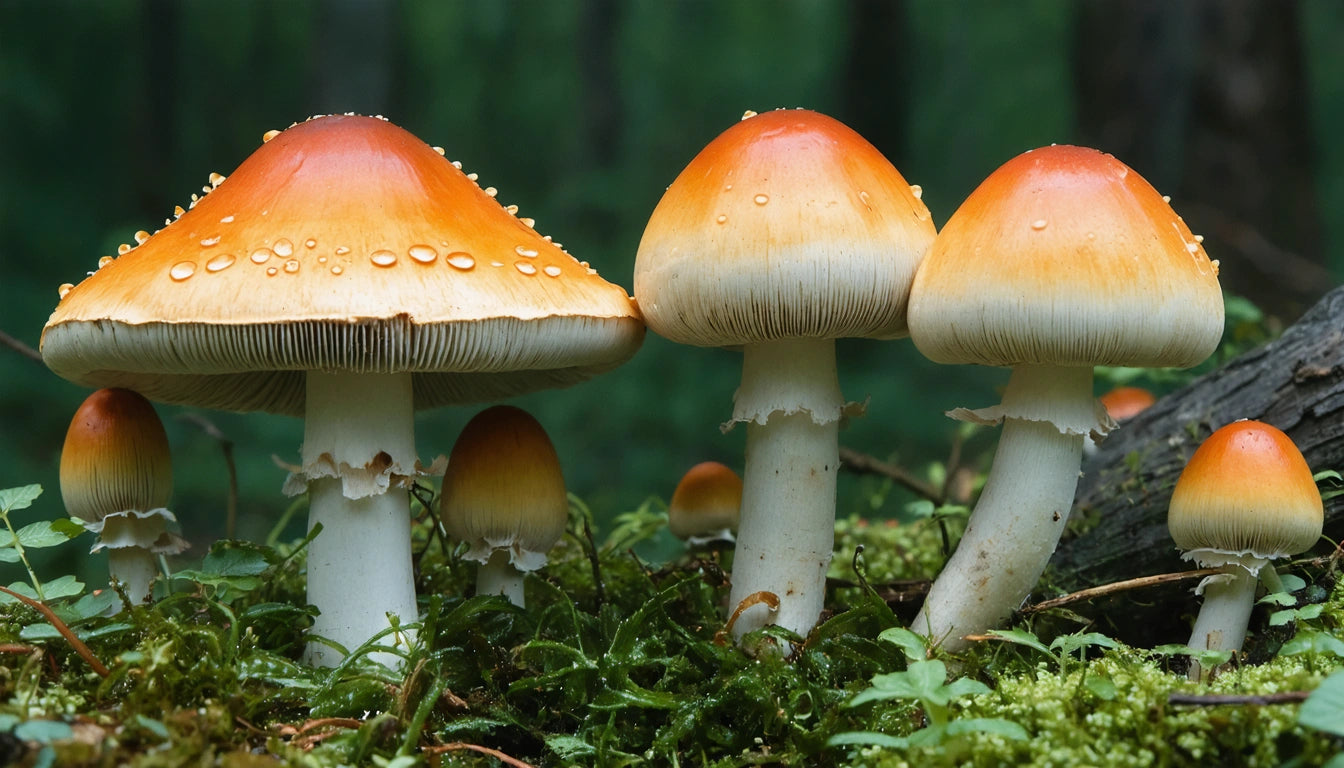Table of Contents
- The Legal Landscape of Cannabis in Europe
- The Netherlands: Cannabis Coffeeshop Culture
- Portugal: Pioneer of Drug Decriminalization
- Spain: Cannabis Social Clubs and Decriminalization
- Czech Republic: Progressive Cannabis Policies
- Germany: Recent Legislative Changes
- Switzerland: The CBD Haven
- Other Notable European Countries
- Travel Considerations for Cannabis Tourists
Top European Countries Where Weed Is Legal
Europe has become increasingly progressive regarding cannabis legislation, with several countries adopting more lenient approaches to personal use and possession. Understanding where weed is legal in Europe is essential for travelers, policy researchers, and industry professionals alike. This guide explores the most cannabis-friendly European nations, their specific regulations, and what visitors should know before planning cannabis-related travel.
The Legal Landscape of Cannabis in Europe
Unlike the United States, where cannabis legality varies by state, European countries maintain their own sovereign drug policies. These range from full prohibition to decriminalization and limited forms of legalization. It's important to note that even in countries where cannabis is tolerated, regulations around packaging and safety remain strict, with many requiring secure childproof containers for cannabis products to prevent accidental consumption.
The European Union provides some overarching guidance but does not mandate uniform cannabis policies across member states. This creates a patchwork of regulations that can confuse travelers crossing borders within the Schengen Zone.
The Netherlands: Cannabis Coffeeshop Culture
Amsterdam's Famous Coffeeshops
The Netherlands, particularly Amsterdam, is perhaps the most well-known European destination for cannabis tourism. While cannabis is technically illegal, the Dutch practice a policy of "tolerance" (gedoogbeleid) that allows for the sale and consumption of small amounts in licensed coffeeshops.
Key regulations include:
- Purchase limit of 5 grams per person per day
- Consumption must occur within the coffeeshop
- No alcohol served in establishments selling cannabis
- No sales to individuals under 18 years
Despite its reputation, the Netherlands has actually tightened some cannabis regulations in recent years, particularly in border regions where "cannabis tourism" has caused social issues.
Portugal: Pioneer of Drug Decriminalization
In 2001, Portugal became the first European country to decriminalize the possession of all drugs for personal use, including cannabis. This groundbreaking policy shift treated drug use as a public health issue rather than a criminal one.
Under Portuguese law:
- Possession of up to 25 grams of cannabis is decriminalized
- Offenders may be referred to a "Commission for Dissuasion of Drug Addiction" rather than facing criminal charges
- Cultivation remains illegal, even for personal use
- No commercial sales infrastructure exists
While Portugal's model has been praised for reducing drug-related harms, it does not provide a legal supply chain for cannabis, creating a gray area for users.
Spain: Cannabis Social Clubs and Decriminalization
Spain has developed a unique model centered around private cannabis social clubs (CSCs). These non-profit associations operate in a legal gray area, taking advantage of Spain's decriminalization of personal use and the constitutional right to association.
Spanish cannabis clubs:
- Operate as private members-only establishments
- Technically don't "sell" cannabis but distribute it to members who collectively grow it
- Require membership and usually a waiting period before access
- Are particularly prevalent in Barcelona and the Basque Country
While these clubs provide a quasi-legal framework for cannabis consumption, their legal status remains precarious and subject to varying interpretations by local authorities.
Czech Republic: Progressive Cannabis Policies
The Czech Republic has some of Europe's most liberal cannabis laws. Since 2010, possession of small amounts of cannabis for personal use has been decriminalized.
Czech cannabis regulations:
- Possession of up to 10 grams is an administrative offense rather than criminal
- Growing up to five plants for personal use is similarly decriminalized
- Medical cannabis program exists but with limited accessibility
- Prague has a thriving cannabis culture with numerous hemp shops
Germany: Recent Legislative Changes
Germany has recently made significant changes to its cannabis policies. In April 2023, the German government approved partial legalization, which went into effect in April 2024.
Under the new German law:
- Adults can possess up to 25 grams in public and store up to 50 grams at home
- Cultivation of up to three plants at home is permitted
- Cannabis social clubs will be allowed to distribute to members
- Public consumption is prohibited near schools, sports facilities, and in pedestrian zones during daytime
This makes Germany one of the most significant European countries to move toward legalization, potentially influencing other EU nations to reconsider their policies.
Switzerland: The CBD Haven
Switzerland has taken a unique approach by legalizing cannabis with less than 1% THC content. This has led to a booming market for CBD products.
Swiss cannabis regulations:
- Cannabis with less than 1% THC can be legally sold and consumed
- High-THC cannabis remains illegal for recreational use
- Medical cannabis is available with a prescription
- Pilot programs for recreational cannabis are being implemented in several cities
Other Notable European Countries
Luxembourg
Luxembourg has announced plans to legalize cannabis for residents, though implementation has been delayed. Currently, possession of small amounts is decriminalized.
Malta
In December 2021, Malta became the first European country to legalize cannabis for recreational use. Adults can possess up to 7 grams and grow up to four plants at home. Commercial sales remain prohibited.
Italy
Italy has decriminalized personal possession of small amounts of cannabis. Medical cannabis is legal, and there's a thriving CBD market. A referendum on further liberalization was rejected by the constitutional court in 2022.
Travel Considerations for Cannabis Tourists
If you're planning to visit places in Europe where weed is legal or tolerated, consider these important factors:
- Never cross international borders with cannabis, even between countries where it's tolerated
- Research local laws before travel, as they change frequently
- Respect public consumption rules, which vary widely
- Be aware that cannabis tourism infrastructure varies greatly between countries
- Consider that language barriers may complicate understanding local regulations
As global marijuana laws continue to evolve, staying informed about where in Europe weed is legal will help ensure both compliance and enjoyment for those interested in cannabis culture.











Leave a comment
All comments are moderated before being published.
This site is protected by hCaptcha and the hCaptcha Privacy Policy and Terms of Service apply.